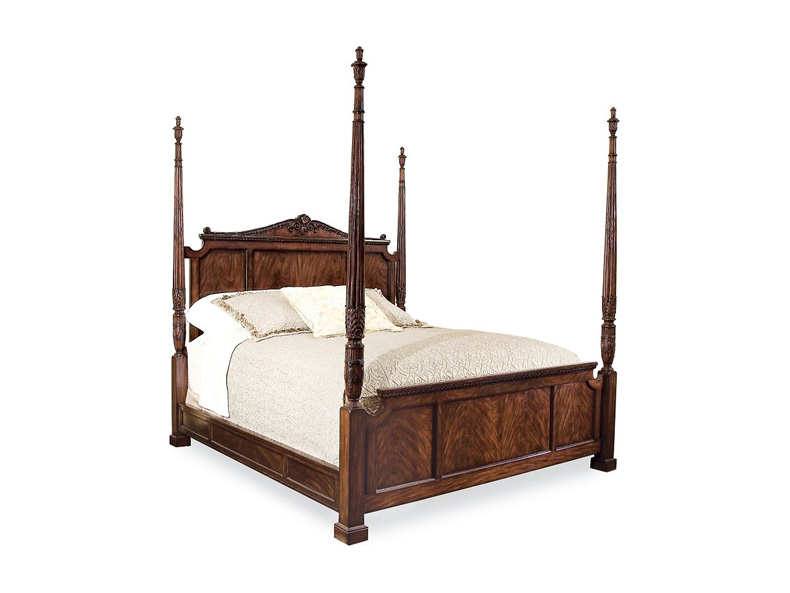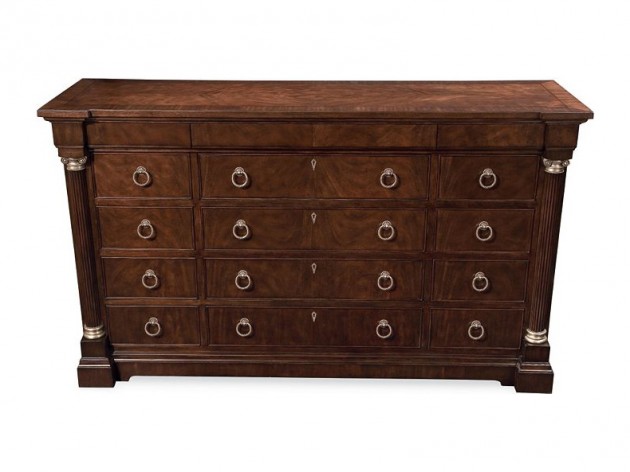On this site, we talk a lot about how to play offense in the game of building wealth – investing in assets that generate cash, increasing your skill set so you can charge a higher price for your time, starting or acquiring businesses that throw off profits – but today I want to talk about an equally important part of the equation: Defense.
There Are Several Strategies to Building Wealth
Some people become rich by playing great offense (making a lot of money). Other people become rich by playing great defense (saving a lot of money). Building wealth really is like a professional football team. There are different strategies that work for different personality types. (Myself? I prefer the balanced approach. I like trying to maximize both, equally. It’s the same way I play my Tower Defense games on iPad or build my characters in a Japanese RPG. I think a lot of it is ingrained in our hardwiring. That is fine because there are multiple paths to success.) This goes back to what I call my two-lever theory; that there are only two things you can do to increase your net worth, either 1.) make more cash come in, or 2.) make less cash go out.
Unfortunately, defense is too often ignored. That is a mistake because it doesn’t matter how much money you make if you are leaking it everywhere by not paying attention to your expenditures. We have all seen the endless marathons of movies, film, news stories, and biographies of musicians, actors, sports stars, and lottery winners who came into sudden wealth, only to lose it all because they didn’t understand the nature of money; how to grow it, protect it, invest it, spend it, and pass it on, wisely.
An Example of How I Play Defense in Building Wealth
The regular readers of the site know I’m in the middle of a home remodel. One of the bedroom sets I ordered had been delayed. During the wait, I was researching closed-out product lines from the upper-mid to premium-tier furniture companies like Century, Henredon, Drexel Heritage, Karges, Marge Carson, etc. Sometimes, you can get very good deals on product lines that are discontinued.
[mainbodyad]I came across a bedroom set that would coordinate with the wood color in one of the bedrooms and emailed the purchasing agent with whom I have been working throughout the process at my local furniture store. A few moments ago, she called me and said that the company, in this case Drexel Heritage, had a handful of the sets left in their warehouse and that I could have them at a very steep discount if I made the purchase immediately. I got off the phone, called my spouse to approve the new style, and then gave the go-ahead. The furniture is on its way.
The furniture manufacturer is happy because I am taking the last of some of the items. The furniture store is happy because they generated a sale. I am happy because I saved a huge amount of money. The bedroom set originally retailed for $21,235 and included a bedframe, tall chest of drawers, long dresser, and two nightstands. By purchasing it on liquidation, they sold it to me for $7,107 plus sales tax and shipping. That works out to 33.47¢ on the dollar.
The $14,128 I saved is money that can be invested, given to charity, put into savings, or spent on additional home upgrades. If I stuck it in a long-term equity fund, reinvested the dividends, and ignored it, given the same historical rate of return the stock market has generated for the past century, it would be worth $2,006,782 by the time I was Warren Buffett’s age. That is virtually free money my heirs, and foundation, will get to enjoy simply because I made a good decision back in my 20’s.
Too many people would have walked into a showroom, seen something they liked, pointed at it, and charged it. You can’t get, and stay, rich doing that. Even if you didn’t think it was worth the time or effort of tracking down a tremendous bargain like the one I snagged, you could have still saved money off retail by taking advantage of the furniture showrooms in High Point, North Carolina, where a lot of the big furniture manufacturers sell their wares at steep discounts every day. At the very least, you would have paid only 60¢ to 70¢ on the dollar, which is still a lot of extra cash in your family’s pocket.
If you are serious about becoming financially independent, you need to find ways to bring more cash in, reduce the cash going out, and still acquire the things you want. I know a couple who bought a foreclosed house at 50¢ on the dollar. I once got a rare Scrooge McDuck animation cell worth thousands of dollars for less than $50 in an out-of-the-way auction in Texas as part of a lot that no one was paying attention to at the time. The key to all of this is:
- You have to be paying attention when other people aren’t. When my friends got their home at half price, they were scouring government databases looking for a great deal. When I got the animation artwork for next to nothing, it was because I have a habit of monitoring auctions throughout the world for certain items I like to collect. Pay attention. Keep your eyes, and ears, open. Talk to people. Know what is going on in the fields that interest you. Read 10Ks and annual reports. Go over trade magazines and industry publications. Stop by and visit sales representatives and shipping managers.
- You have to know your stuff. Information and knowledge are power. I know enough about furniture to realize that the price I am paying for a Drexel Heritage bedroom set is fantastic. Whether you are interested in cars or art, real estate or vintage Barbie dolls, rare books or coins, you need to have an idea about value so you can compare it in a moment to price when presented with opportunity. It is the only surefire way to protect yourself against being cheated, duped, or defrauded, thinking you are getting an ephemeral bargain when you are overpaying. Never put yourself at an information disadvantage.
- You have to be prepared financially. When opportunities come, you need to have enough dry powder to take advantage of them on the spot. I know people who wanted to buy stocks during the Great Recession melt down but they were simply tapped out; they didn’t have enough spare cash to make the purchases. You should always have access to enough liquidity to do interesting things when fortune makes a surprise visit. You never know. This time tomorrow, you could have the chance to buy an apartment complex at less than construction replacement value because the owner needs money to stave off bankruptcy.
Now the usual caveat: Money is useless unless you use it as a tool to get you closer to the primary mission of your life. It is probably not a good trade off if you are giving up vacations with your kids to add a few hundred shares of Procter & Gamble to the family portfolio. If you really want something, and you can afford it, get it. Don’t settle for something you don’t like because you value money more. It’s not a god; it is little pieces of paper that represent claim checks on society. The point is not to tell you that you should avoid spending money, it is to teach you that you need to be intelligent about how you do it so you can get more for every dollar you spend. If you die with nothing more than a big net worth, you ultimately failed. Capital facilitates your dreams, whatever they are. By itself, it is pointless.
[mainbodyad]







